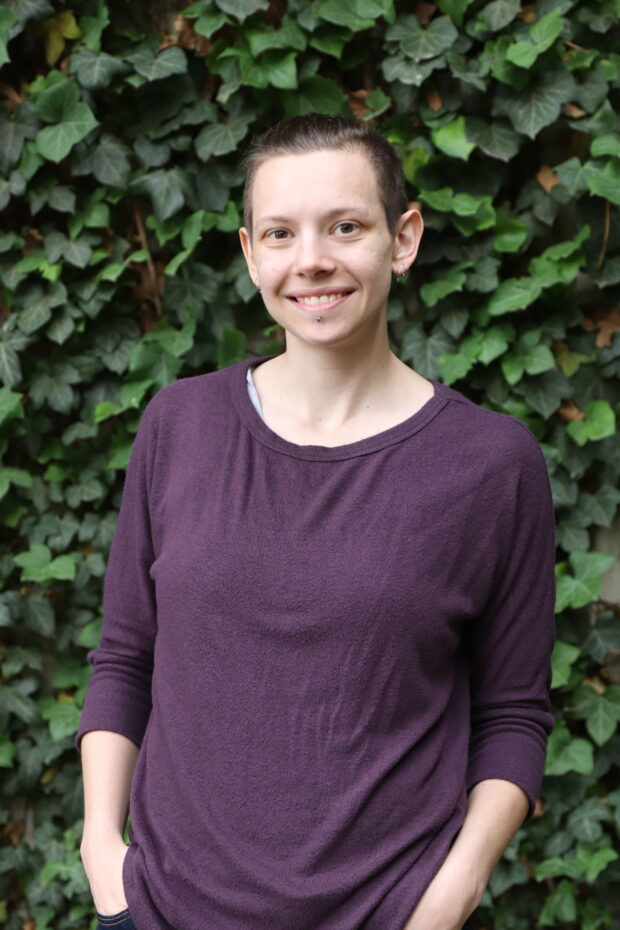 By Elinor Epperson
By Elinor Epperson
Everyone says this, but WOW – this summer really flew by! I worked in the newsroom of Michigan Public, the state’s largest NPR news affiliate, as an environment intern. I had never thought about doing broadcast before (other than podcasts). But I was thrilled to get the call that I had the gig and was ready to dive in.
The first thing I noticed was how friendly and welcoming everyone was. The rapport among the journalists and staff there is incredible. I had never experienced that level of healthy work culture at a job before (and I’ve been in the workforce for over 10 years).
I was only there three days a week (the other two days were for finishing my professional project), but I learned more in those three-day weeks than I had been working as a freelancer for a year prior. Here are three lessons I have learned:
- If you have trouble focusing (like me), summarize your story in one sentence. Yes, that is usually supposed to be the lede, but capturing the nuance of environment stories in one sentence isn’t always possible. This sentence doesn’t have to be carefully crafted like a lede, either – it could be something like “invasive red swamp crayfish are still a problem LOL.” Come back to it when you feel yourself straying from the main topic.
- Set mini-deadlines for yourself throughout the day. Another intern (who is on his way to work full-time for WCMU) would decide a set time he would follow up with sources he hadn’t heard back from. That will prevent from waiting for indeterminate hours waiting for a call back, losing precious time to make decisions and get your story done.
- Sometimes the best thing you can do with a story is kill it. Don’t fall prey to the sunk-cost fallacy. If you’ve spent hours tugging at a thread and come to a dead end – such as being unable to verify information that is central to the story – it’s okay to abandon it (run that by your editor first, of course).
I enjoyed researching, interviewing and writing for all the stories I did this summer. The environment beat is full of complex, technical topics that piqued my curiosity but also challenged my fact-checking and writing capabilities.
I learned a lot about managing my time (and distractions), being judicious in choosing which information to include and getting to the core of the story rather than getting hung up on details.
Some days were long and tiring, but I felt very engaged in the work that I did and knew that I had made the right decision to go into journalism. And I grew up listening to Michigan Public, so to hear my own voice playing on 91.7 was both terrifying and exciting.
I successfully defended my professional project in early August and am done with my master’s degree. I’m excited to stay on at Michigan Public as an intern. You can see all my stories here.
